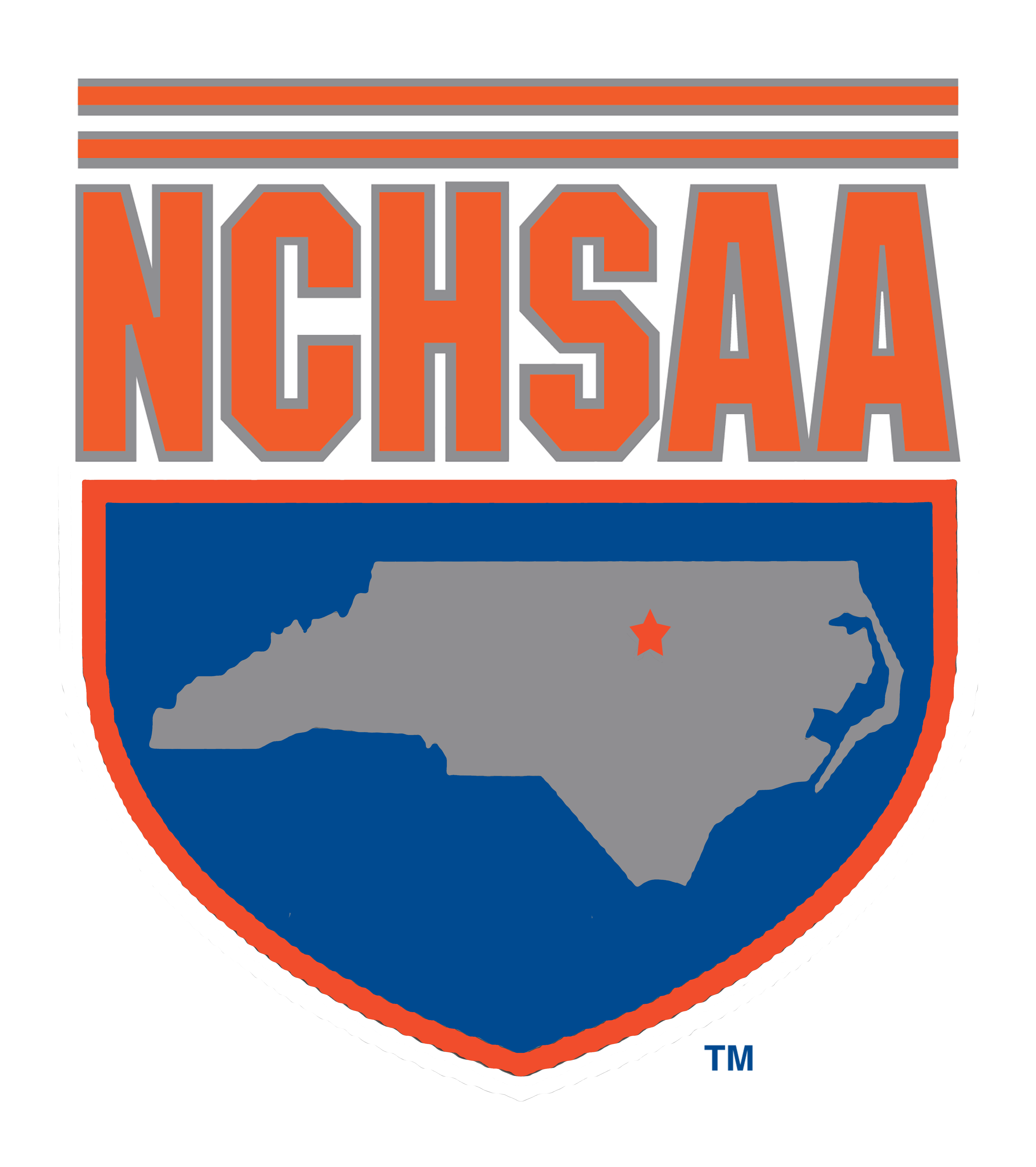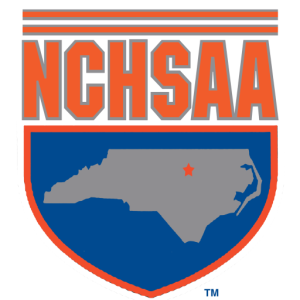Bobby Shriner is a veteran teacher and coach at Orange High School who has established the Panthers as a North Carolina High School Athletic Association wrestling power.
Shriner graduated from high school in New York in 1980 and from the University of North Carolina at Chapel Hill in 1984. He has been a head wrestling coach for 28 years, 27 at Orange, and his teams have earned well over 500 dual team victories during his coaching career, among the tops in the state. His teams have won both NCHSAA tournament championships and dual team championships, including five dual team state titles and three times in which Orange swept the crowns in a single year, winning both the individual tournament and dual team titles.
The Orange coach has also been very active in the Fellowship of Christian Athletes and shares his philosophy of coaching in the interview.
What are the biggest changes you’ve seen in high school athletics during your career?
One of the biggest changes I have seen over the years is what I call the specialization and "professionalization" of high school ahtletics. What I mean by this is the strong push we now see for athletes to specialize by playing only one sport, and that one sport all year long. Years ago, most high school athletes participated in two or three sports each year. This gave them the opportunity to be a part of different teams, under different coaches and to use different skills and physical strengths.
Now, however, students and parents believe that kids cannot compete unless they specialize in one sport and play on expensive travel teams or have their own special trainers and even sports psychologists to give them an edge. The teams they play on are usually quite expensive and often sell themselves as the one team that can get the athletes the exposure they want in order to get that all elusive college scholarship. I believe this has hurt many high school programs as teams have lost potential players. I am not a doctor or researcher, but I believe this specialization and year round participation in one sport, using the same skills and same body parts without a break, has also hurt the athletes themselves, leading to more injuries.
What is your best memory of high school athletics personally, from your own involvement in them? You have coached some outstanding teams during your great career.
Although winning my team's first Dual Team State Wrestling Championship in 2005 will always be a special memory for me, the best part of coaching for me is the days, usually around the holidays, when many of my former wrestlers come home and come into the wrestling room to visit and "roll around on the mat". The relationships that I have been able to form with so many of my kids over the years is really what keeps me coaching. I am one of the most blessed coaches in the state as I have a coaching staff that is made up almost entirely of former wrestlers that came through our program, continue to want to be a part of it and to give back. There are matchaes where I have had as many as eight assistant coaches on the bench with me and out of the eight, seven were former Orange wrestlers. When I look back over the past 27 years, that is what I remember most.
Wrestling is a sport that demands great self-discipline, and it’s unique in the sense that there is both the individual component in a match and then the overall team component, from the lightest weights up to the 285-pounders. How have you been able to develop such a successful wrestling program over the years and what do you think are challenges unique to that sport?
I think developing a program starts with coaching people, not teaching wrestling. At Orange our moto is Team Orange. Team is everything to us. Our wrestlers feel that they are important as people not just wrestlers. We try to make life long friends with the student athletes that come through our program. I think our wrestlers feel that each person contibutes to the program and is treated the same whether they are the undefeated leader or the one who rarely gets a varsity match. This helps in building team unity. When kids feel loved, they will give their best effort for the program.
Probably the greatest challenge in the sport is getting and keeping kids in the sport. Wrestling is a sacrifice sport that requires mental toughness, weight loss and strict discipline. What other athlete has to give up stuffing themselves at Thanksgiving and Christmas because they are one pound over weight? Building a program that is like a family, where athletes work together and have a sense of responsibility to the team and where each individual matters helps overcome this challenge
For most students wrestling will end in high school and the number that go on to wrestle in college is very small. So what should the sport teach? Wrestling skills only, or life values? We hope that after coming through our program, an athlete would have learned respect for authority, self control, strong work ethic, strong discipline and team unity. If they learn these and put them into practice, you will have a successful program. More importantly, they will have a more successful life after wrestling.
Talk about your involvement in the Fellowship of Christian Athletes, which certainly is very important to what you do.
Why do we compete in and coach sports? For me, it is not about personal glorification, ego or state championships. It is about Jesus Christ's plans for our lives. FCA is an organization that was founded on this principle and it has been a great resource and encouragement to me over the 28 years that I have been coaching high school sports. A person is made up of body, mind,and spirit.
There is a philosophy of coaching that FCA teaches called "3-D Coaching". This is the type of coaching approach that recognizes the three-fold dimension of people. It teaches that the best type of coaching will involve addressing all three aspects. You teach the physical training required to compete, the skills needed to succeed in the specific sport and the values and truths that will help them succeed in life. This has been my type of philosophy in coaching. Over the years I have learned that the trophies fade, people forget what your teams accomplished, but they remember the life lessons you shared with them. FCA helps coaches understand the influence they have in young athletes' lives and how best to use that influence for the benefit of the athletes.



